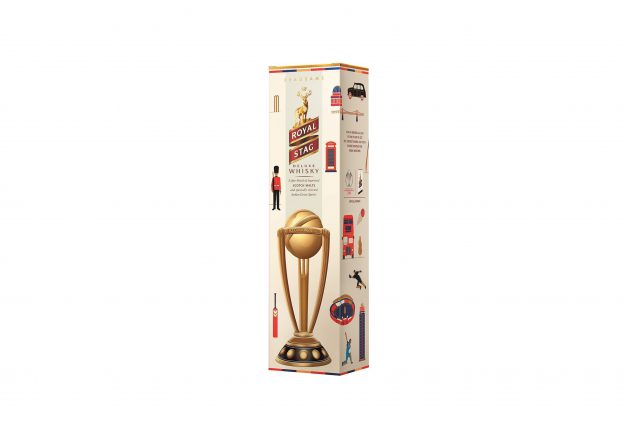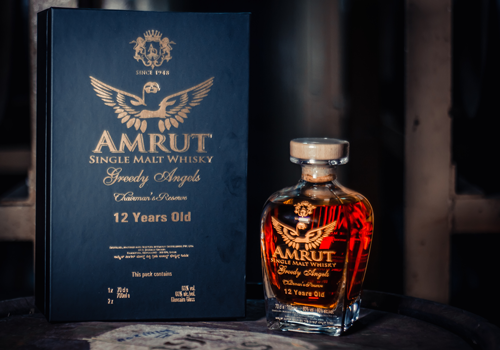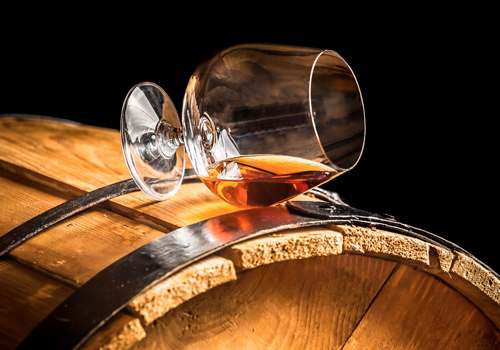REMO offers a drinking experience of bygone prohibition era.
Prohibition era is just a memory but the thrill of the forbidden fruit still has its very own magic. Bringing back an era of subterfuge and smokescreens is a speakeasy Remo, an overground bar named and modelled on the original, where Remo returns with his magical potions of flavours, herbs, botanicals and alcohol. Mixes and con-coctions he had gathered in his wide spread travels across the world.
Its not going to be easy to find Remo. You’ll need friends in “high places” because entry is by invitation only. Secret knocks and frequently changed passwords will keep in regulars and block out all CI’s eyes and snitchers.
It was the gravest of times right in the middle of the darkest era in t he city’s history. Prohibition was in full force in Bombay Presidency, and it’s capital, the feisty big little port city of Bombay bore the brunt of this the worst. Unable to control the menace with just the corrupt police forces, who were generally sympathetic to the cause of the tipplers, the administration engaged private militias of moral police who cracked down on the remaining revellers with puritanical fury.
A pall of gloom had descended upon this beautiful town by the ‘Bay’. But as we know, the night is always darkest before the dawn. And it is at this point of the story, we present our protagonist, the swashbuckling hero, who saves the day.
Remo grew up in Cuncolim in Portuguese Goa, the independent territory to the south of Bombay Presidency, where the days were easy, the living was good and the evenings were merry. Still, Remo dreamed of a more glamorous life and he set out to make his fortune and see the world. He left Cuncolim, to work on board a cargo ship, and he travelled all over the world, especially the Orient. There he discovered the dark arts of combining flavours and liquors and making exotic, magical potions that lit up the night.
Remo’s adventures eventually brought him to Bombay, and he was booked by the beguiling charms of the deacadent denizens of the city. He got a job as a supervisor in the loading depot of a cloth mill. Remo led a dual life. In the day he toiled hard at the mill. But at night he cleaned up well and became a part of the social set that mattered.
And then Prohibition was declared! The night that previously never ended, now just never happened. The days wore on, and misery reeked from the very pores of this classically beautiful Art Deco city.
No, this isn’t your regular, cookie cutter fairytale. Our hero wasn’t blonde, and he didn’t ride a white horse. Our hero’s handsome face was a burnished brown and he rode into town on a large coastal barge! Remo had thought through it all – the barge had ostensibly taken exports of bolts of cloth to Goa, but it was the secret cargo under the hold on its return that was the cunning plan. Bottles upon bottles of desperately needed alcohol, and also, herbs, fruits, botanicals – all kinds of exciting ingredients.
There is the open storage yard, on the roof of the mill, Remo set it up under the stars – hidden, yet quite in the plain sight – the most daring speakeasy bar. He dug deep into the reservoirs of his memories and recreated all the magical potions he had encountered on the travels. Remo’s was truly a go-send for the Thirsty of the City, and they left their sea-side mansions, and travelled deep into its innards, to an neighbourhood they never had been to, and sat under the stars, and restarted the night.


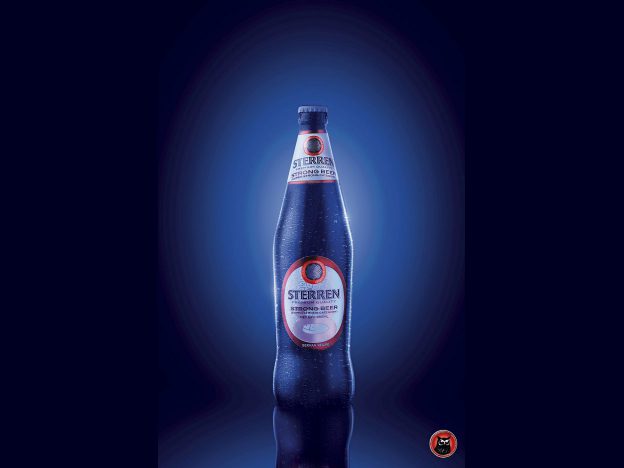

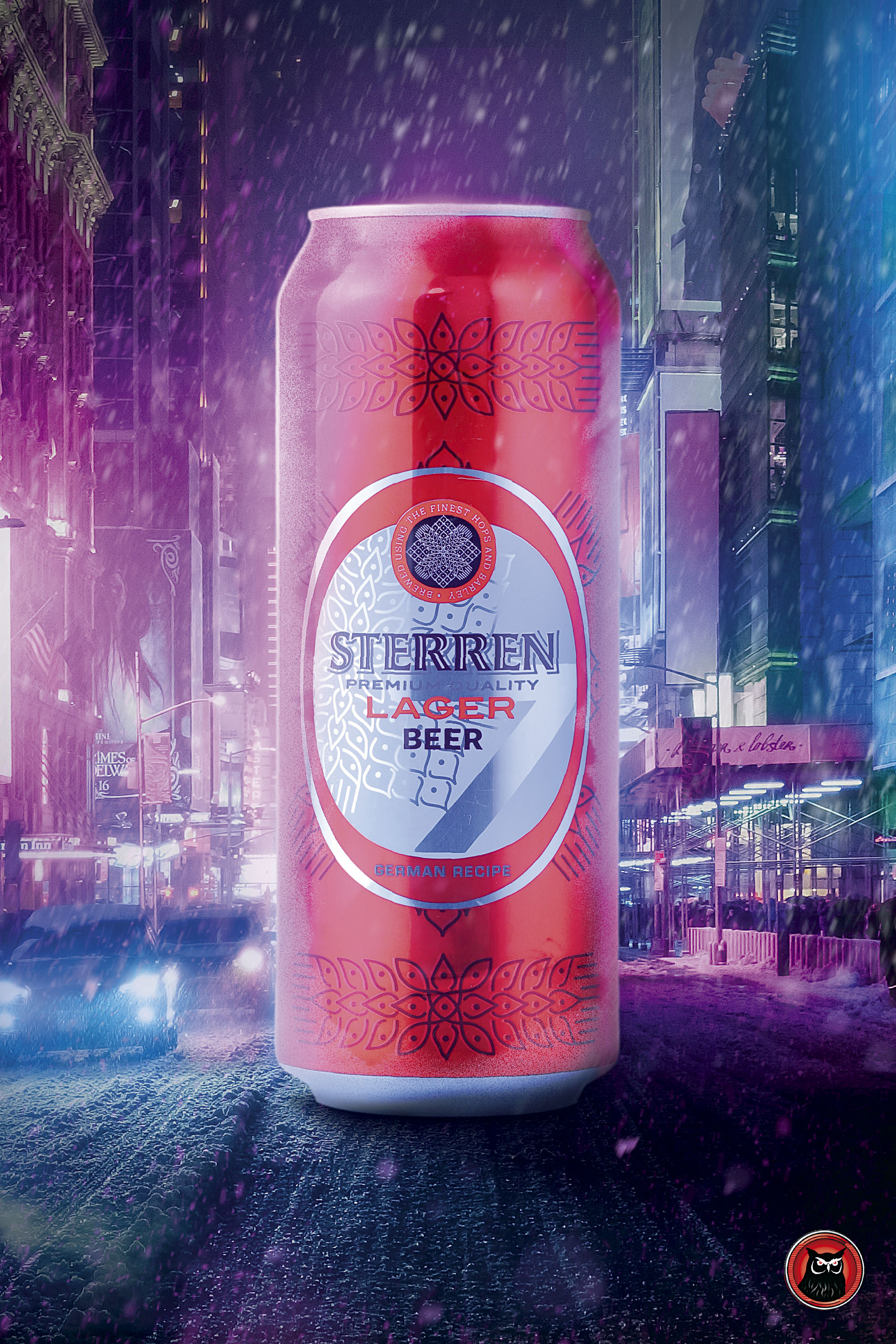
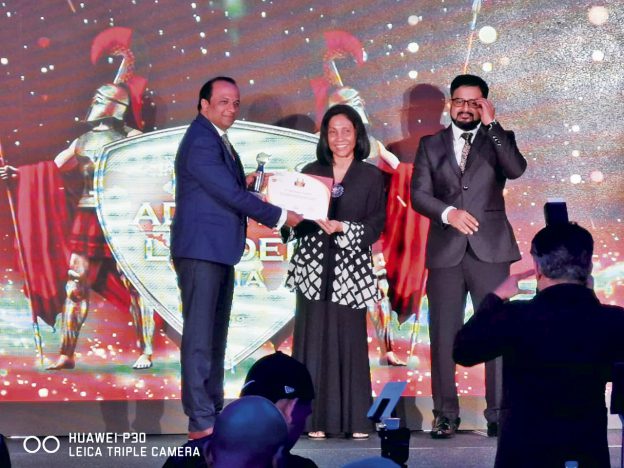

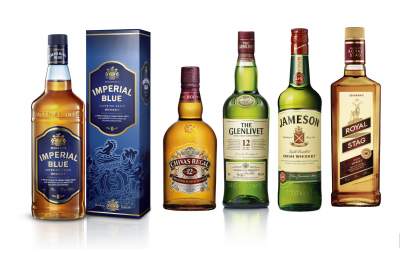
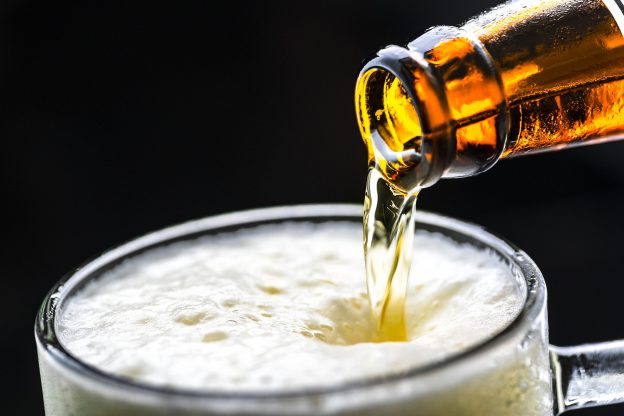
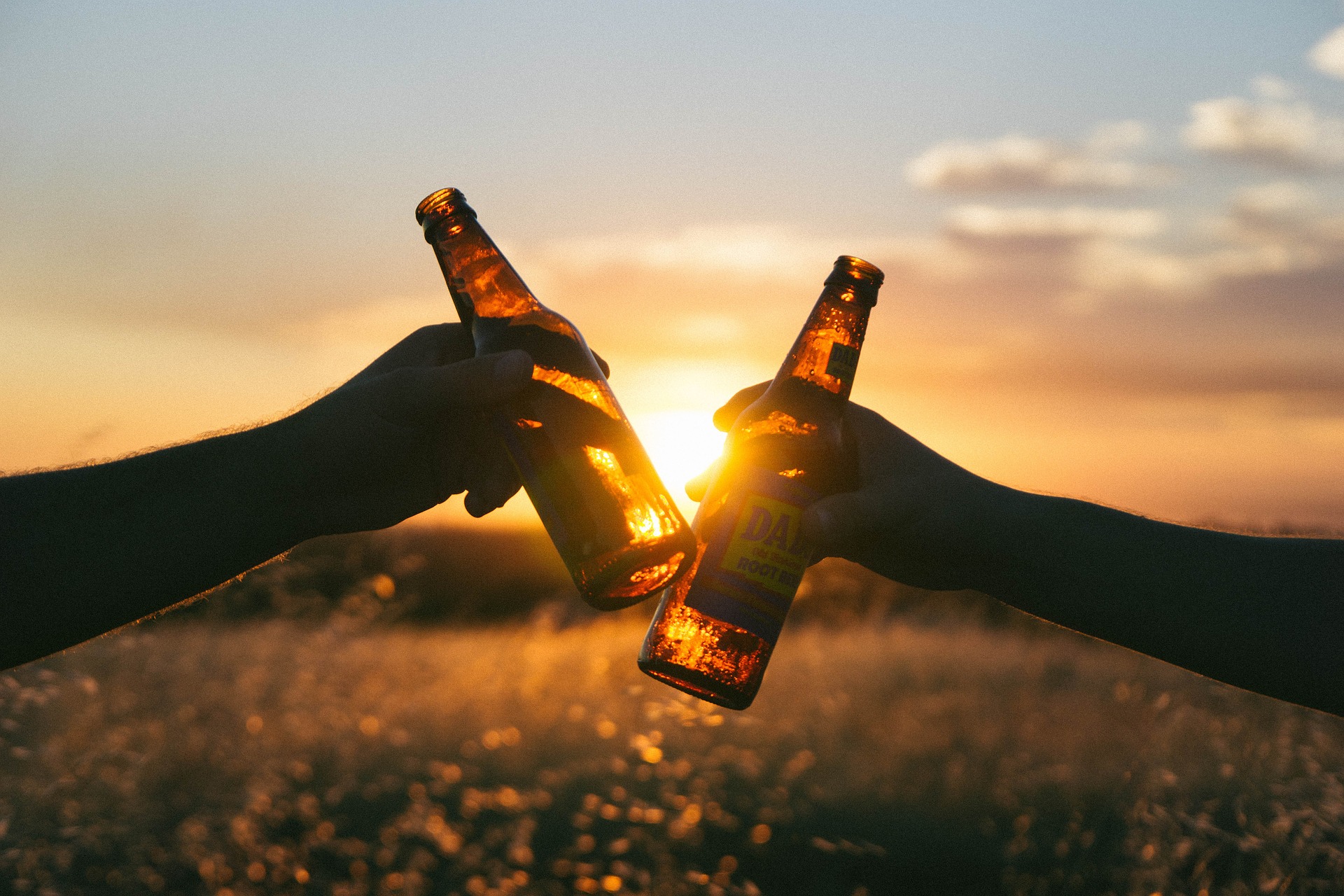 of the market. By 2023, the gin category is expected to reach 88.4m cases globally, with particular strong growth in key markets such as the UK, Philippines, South Africa, Brazil, Uganda, Germany, Australia, Italy, Canada and France. Notably, Brazil has emerged as a new hotspot for the category, with volumes there more than doubling last year and forecasted to grow at 27.5% CAGR 2018-2023, as the gin-and-tonic trend has increased in upmarket bars of São Paulo and Rio de Janeiro.
of the market. By 2023, the gin category is expected to reach 88.4m cases globally, with particular strong growth in key markets such as the UK, Philippines, South Africa, Brazil, Uganda, Germany, Australia, Italy, Canada and France. Notably, Brazil has emerged as a new hotspot for the category, with volumes there more than doubling last year and forecasted to grow at 27.5% CAGR 2018-2023, as the gin-and-tonic trend has increased in upmarket bars of São Paulo and Rio de Janeiro.
 they are relatively dry, which makes them more food-friendly and sessionable. In the US, the popularity of alcohol seltzers has been a tremendous engine for growth in the RTD market. In the cider category, as investment levels in those products continue to rise, almost 270m cases are expected by 2023, a 2.0% CAGR 2018-2023. Both of those categories (mixed drinks and cider) are taking share from beer as perceived accessibility increases (less bitter, easier to drink.)
they are relatively dry, which makes them more food-friendly and sessionable. In the US, the popularity of alcohol seltzers has been a tremendous engine for growth in the RTD market. In the cider category, as investment levels in those products continue to rise, almost 270m cases are expected by 2023, a 2.0% CAGR 2018-2023. Both of those categories (mixed drinks and cider) are taking share from beer as perceived accessibility increases (less bitter, easier to drink.)

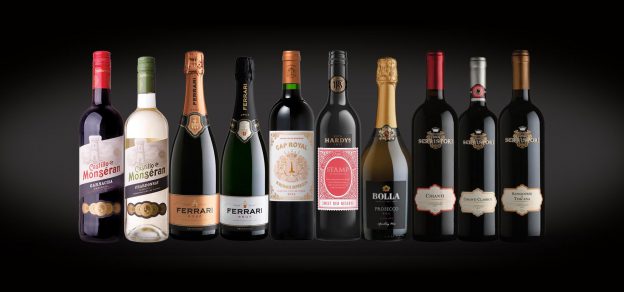
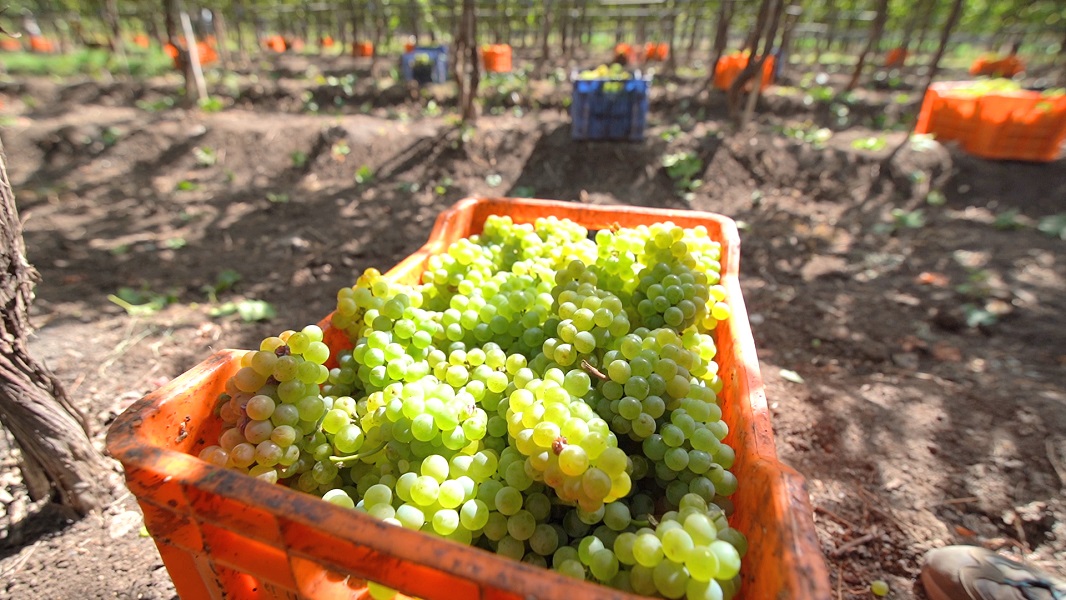
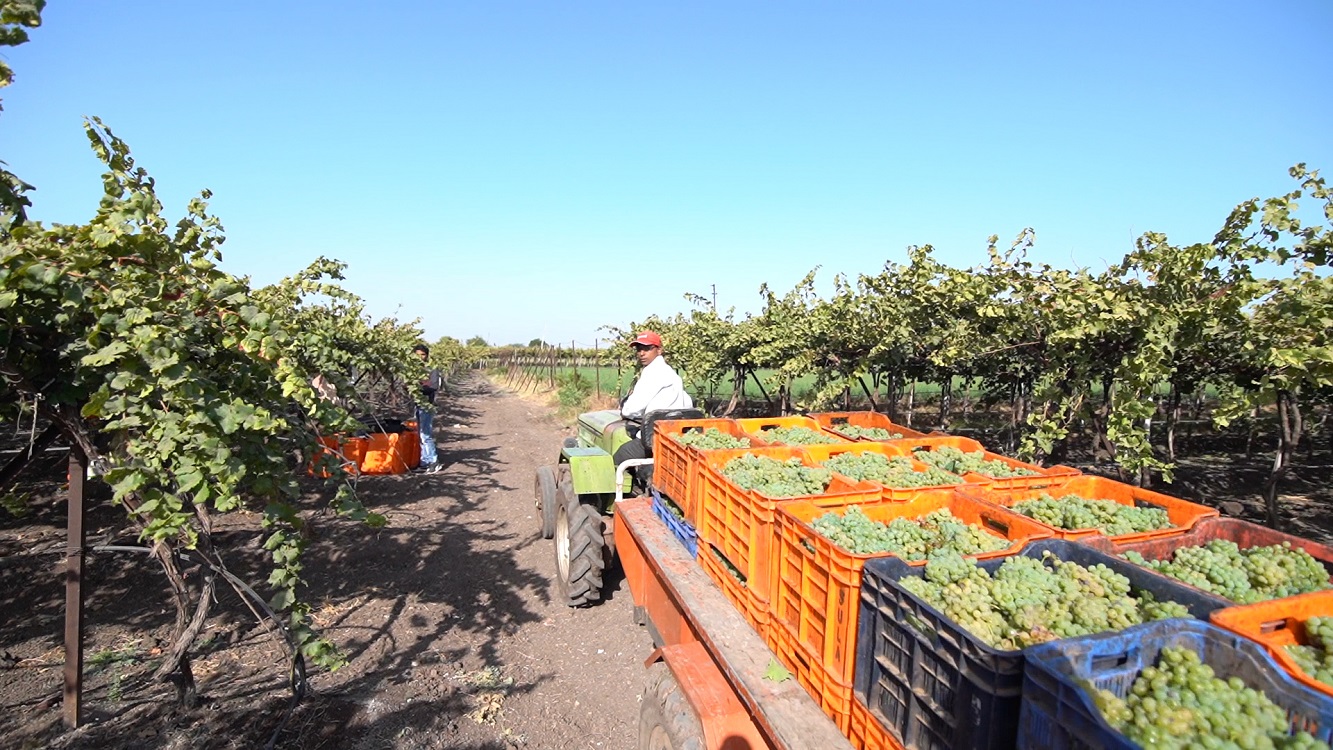 rural employment numbers. Today, almost 510 farmers from Maharashtra and Karnataka are working with Sula with assured buy back contracts.
rural employment numbers. Today, almost 510 farmers from Maharashtra and Karnataka are working with Sula with assured buy back contracts.
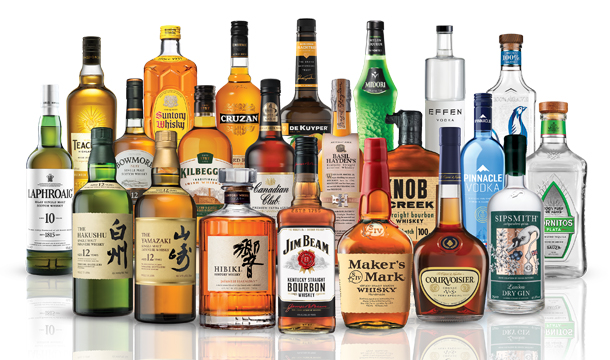 Beam Suntory in India has offices in Gurgaon, New Delhi, Mumbai, Bangalore, Hyderabad, Kolkata and a primary bottling facility in Rajasthan.
Beam Suntory in India has offices in Gurgaon, New Delhi, Mumbai, Bangalore, Hyderabad, Kolkata and a primary bottling facility in Rajasthan.
